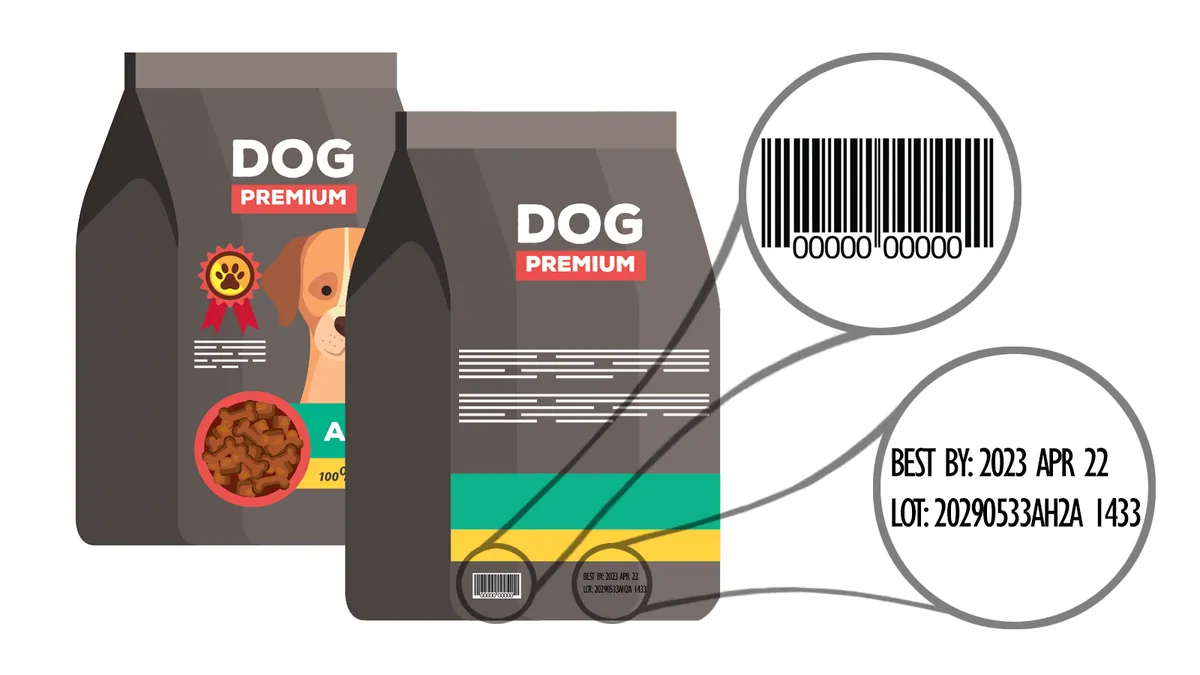Supreme Court Faces Pet Food Class Action Jurisdiction Dispute
A class action by pet owners against premium pet food makers sparks debate on federal vs. state court jurisdiction. 22 states support remand to state court, while businesses argue for federal retention.

In a case that has captured the attention of legal experts, the U.S. Supreme Court is set to address a jurisdictional dispute concerning a class action lawsuit filed by pet owners against premium pet food manufacturers. The case, which originated from claims of deceptive marketing practices, has evolved into a complex legal battle over the appropriate forum for adjudication.
On August 12, 2024, a coalition of 22 states, led by Tennessee's Attorney General Jonathan Skrmetti, submitted an amicus curiae brief in support of the pet owners' position. This diverse group of states is advocating for the case to be remanded to state court, following the plaintiffs' amendment of their complaint to remove references to federal laws.
The crux of the dispute lies in the interpretation of federal statutes governing the removal of cases from state to federal courts. The 8th U.S. Circuit Court of Appeals, established in 1891, previously ruled in favor of the plaintiffs, allowing the case to return to state court. This decision has been met with opposition from the pet food companies, Royal Canin and Purina, as well as various business groups.

The case highlights the ongoing tension between federal and state jurisdictions, a fundamental aspect of the U.S. legal system since the establishment of federalism by the Constitution in 1787. The state attorneys general argue that allowing federal courts to retain jurisdiction over cases stripped of federal issues would infringe upon both Article III of the Constitution and principles of federalism.
"An expansive reading of the federal statutes allowing defendants to remove state-court cases to federal court would facilitate federal jurisdiction over cases involving pure state-law questions with no federal ingredient."
Conversely, the pet food manufacturers and their supporters, including the U.S. Chamber of Commerce, founded in 1912, contend that the 8th Circuit's decision could encourage forum shopping and waste judicial resources. They argue that plaintiffs might manipulate their complaints to evade federal court jurisdiction, a practice that has been debated in legal circles since the 1940s.
The case also brings into focus the Grable test, established by the Supreme Court in 2005, which determines federal jurisdiction over state-law claims with embedded federal issues. The plaintiffs' new counsel has proposed revisiting this test, suggesting a return to the earlier American Well Works standard from 1916.
As the Supreme Court, which typically hears about 80 cases annually out of thousands of petitions, prepares to consider this case, it must balance concerns of judicial efficiency, constitutional principles, and the long-standing tradition of state courts interpreting their own laws. The outcome could have significant implications for future class actions and the broader landscape of civil procedure in the United States.


































